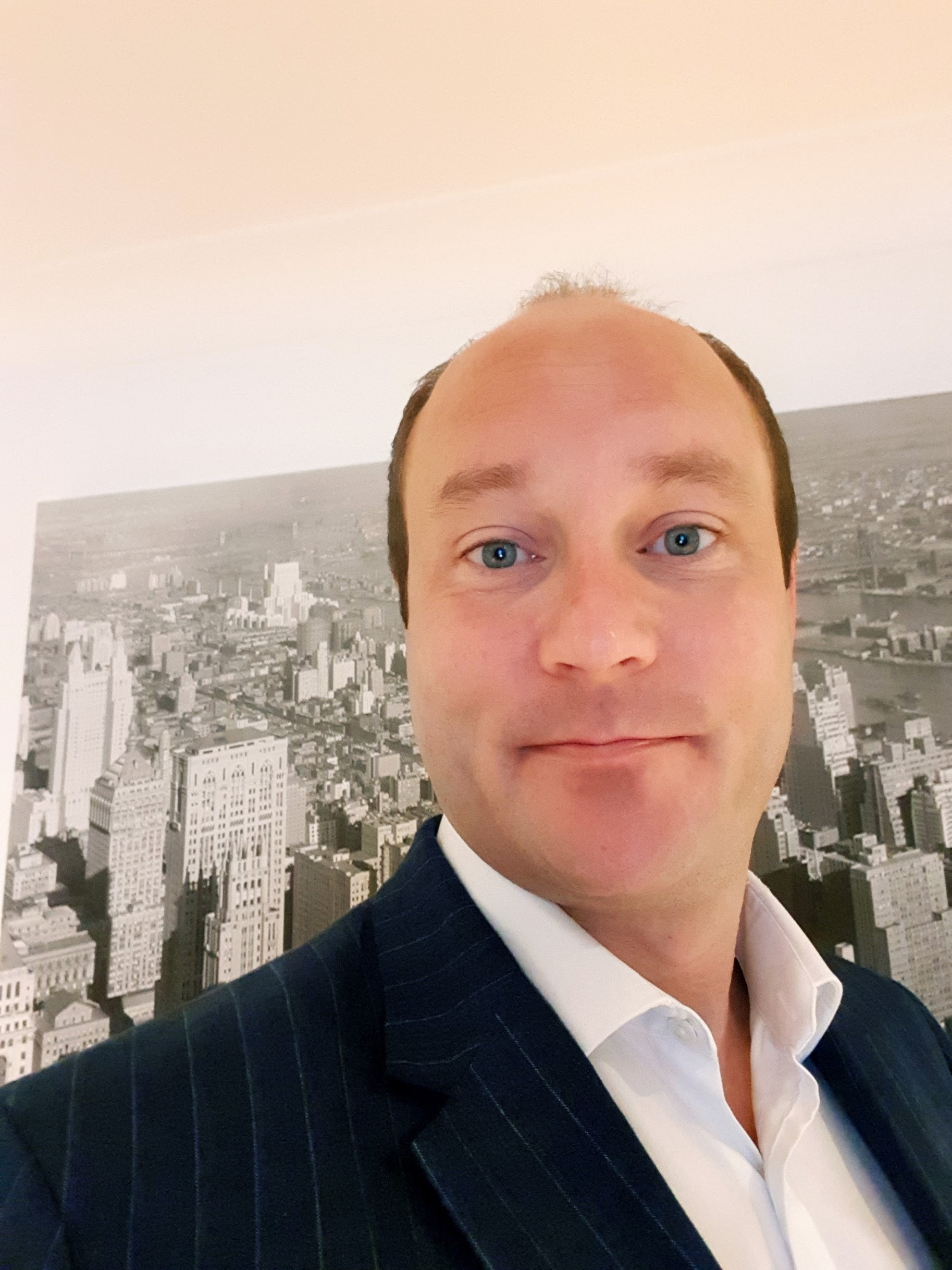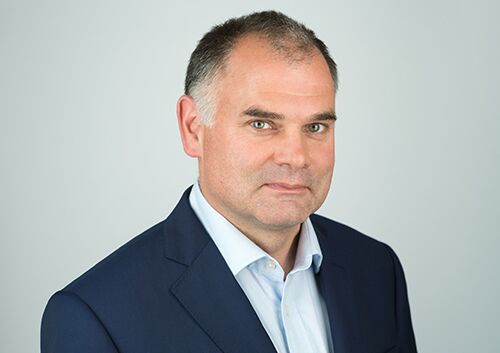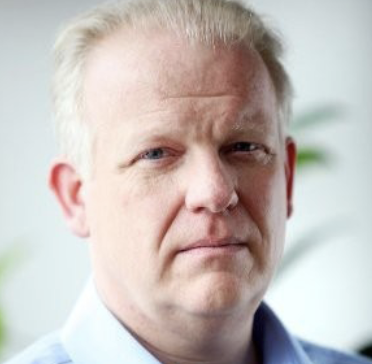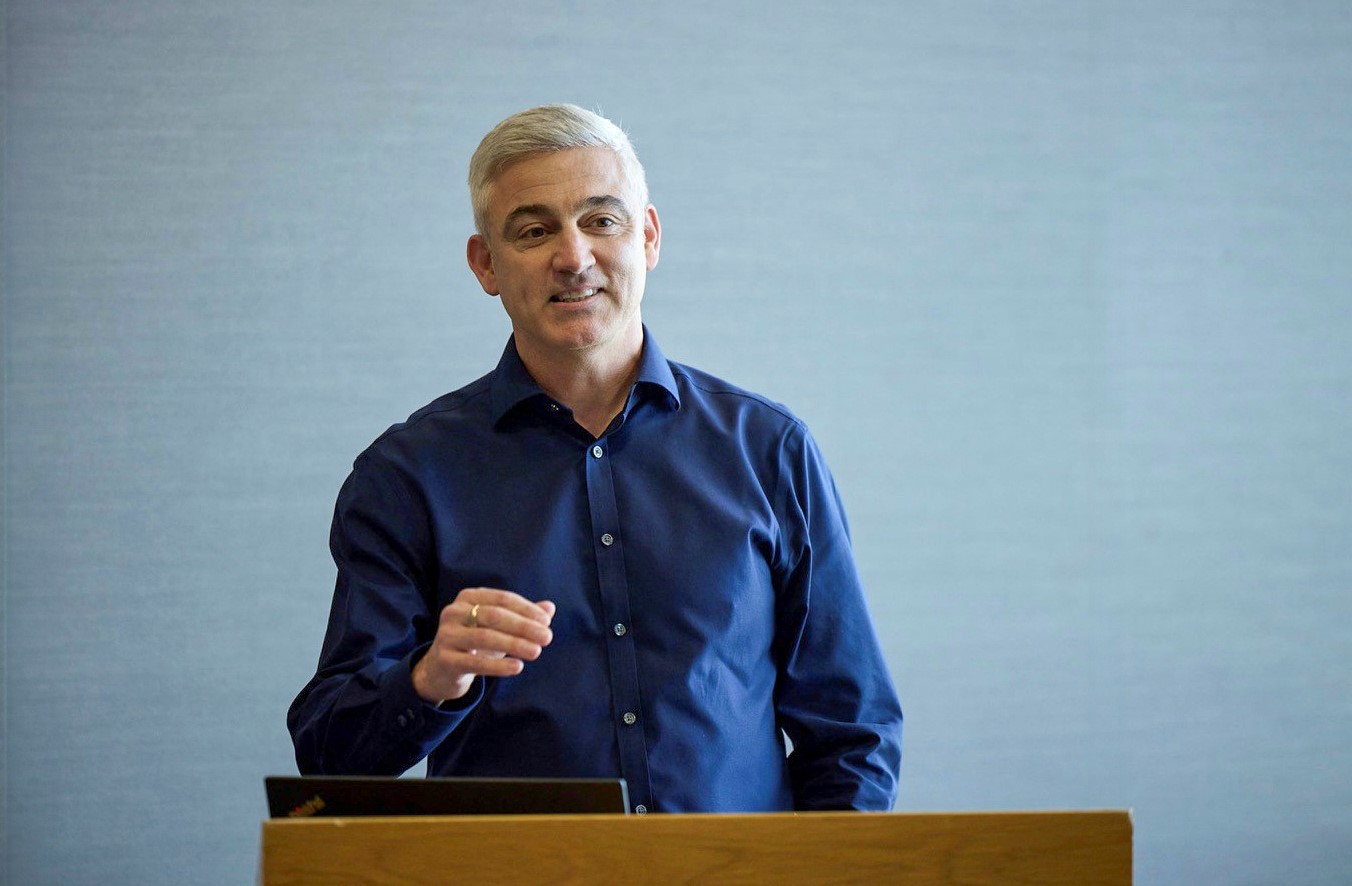Why we need to learn a new superpower. To engage.
The biggest and best brands in the world have superpowers, the things they do better than anyone else.
And they’re usually not shy in letting you know what they think theirs are, either overtly or in a slightly more subtle way. Take Patagonia for example. They have become one of the most successful modern outdoor clothing brands almost purely because of their single superpower, which is in their case purpose. They are run ethically and put the environment above all else, stating one of their core values as, ‘Protect our home planet’. I’m not quite sure how jumpers can do this, but it certainly resonates with customers.
There are other examples of brands that have built their success on a single superpower. Audi has focused their reputation and success more on the excellence of their engineering than the comfort or style they offer their buyers. Talking to my friends who are mechanics I would maybe question whether this mirrors the reality, but there you go.
So, what do automative and clothing brands and their superpowers have to do with protection I hear you ask? Time for the tenuous link.
The answer is nothing. Well, nothing in isolation at least. It is more the principle of superpowers I’m interested in.
If we were to ask the question of any protection brand, or indeed the market as a whole, what is our superpower, I’m not sure you would get a consistent or compelling answer. It might be the best risk management, given that the UK has some of the lowest protection premiums in the world, but I think you’d struggle to sell that idea beyond a certain audience!
Equally, the protection market is one which continues to be defined as niche rather than mass market. One serving a smaller proportion of the public than it would like, leaving more people with unsecured financial futures. There are many reasons why this may be the case. You could argue that any form of insurance is a reluctant purchase. Protection has been accused of being complex and the buying process can be slow, plus public perception that claims are not fulfilled are all valid reasons for market struggles.
However, no matter how much we think about it and tackle these issues which undoubtedly impact the market, it will mean little if we don’t find a way to better engage consumers. This demand generation is key to the success of any market in the long term. A great business, a great product or a great service without customers is just a thing. It is interest and demand which makes the difference.
So, here’s my rallying cry. The protection market needs to make engagement one of its superpowers. We need to develop and cultivate a laser like focus on engaging the UK public in what we do, enabling them to build the financial resilience they so need.
How we go about doing this is the million-dollar question. The answer, sadly, is more complicated. We have watched and observed several attempts at pan-industry awareness campaigns come and go, with little to no agreement. We have seen more success in campaigns such as 7Families, having an impact but not a seismic one.
For now, in my opinion the focus should be on advisers and enabling them to enhance their customer engagement tactics. This is, if you like, our great field sales force. Representatives of brand protection, fighting for the time and attention amongst pensions and wealth planning, trying to get attention through the process of buying and borrowing for dream homes.
Advisers have long been advocates for protection, but the market hasn’t made it easy for them. Consumers understand little about what protection is and does and they don’t understand the choices that they need to make to even acquire a premium and see first-hand just how cheap it can be.
Technology can help and it doesn’t have to cost the earth either. Advisers don’t need to immediately invest thousands in lead generation campaigns to stimulate the next generation of protection customers. We’ve just launched a new, improved version of our ground-breaking PreQuo Lead Gen tool – designed to maximise and convert web traffic into qualified protection leads.
By avoiding asking consumers questions they simply can’t answer, PreQuo Lead Gen keeps them engaged in the protection journey, educating them on their requirements.
We have seen in the recent FCA Financial Lives survey that consumers are still cancelling cover, with cancellation rates across all insurance products currently running at 20%. I would imagine those were when the consumer was not engaged or felt invested in the decision process.
If clients don’t understand why they bought the policy, if they don’t know what the benefits are, then they certainly don’t understand the impact of cancelling. PreQuo Lead Gen can help cut through that.

























